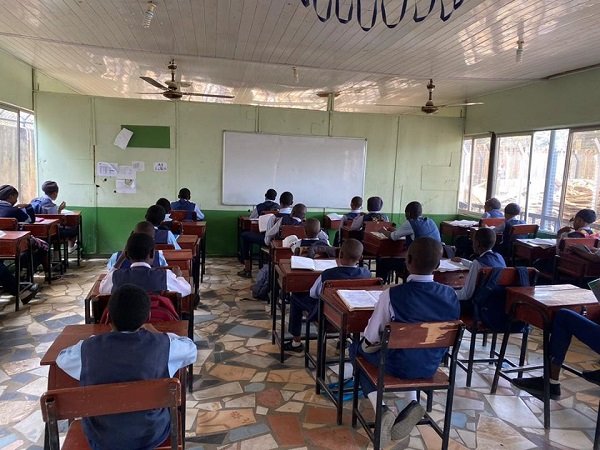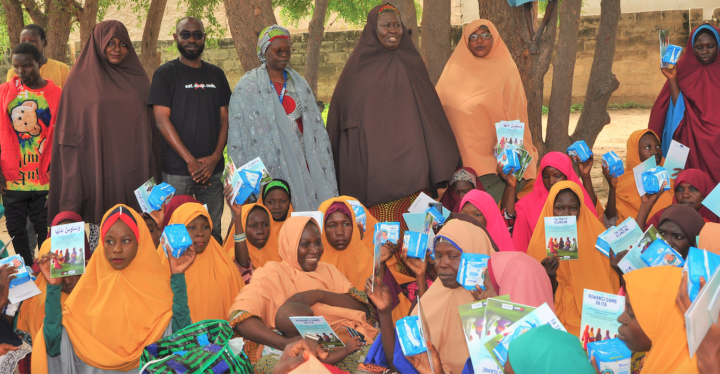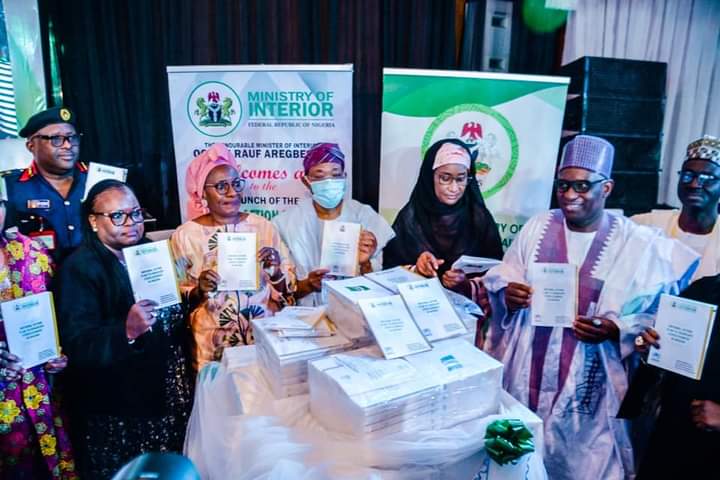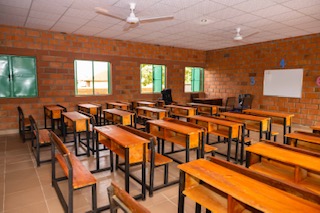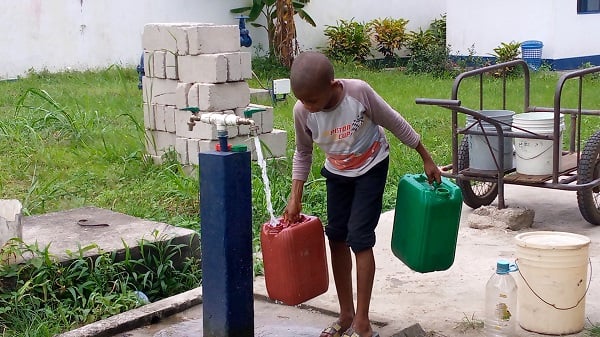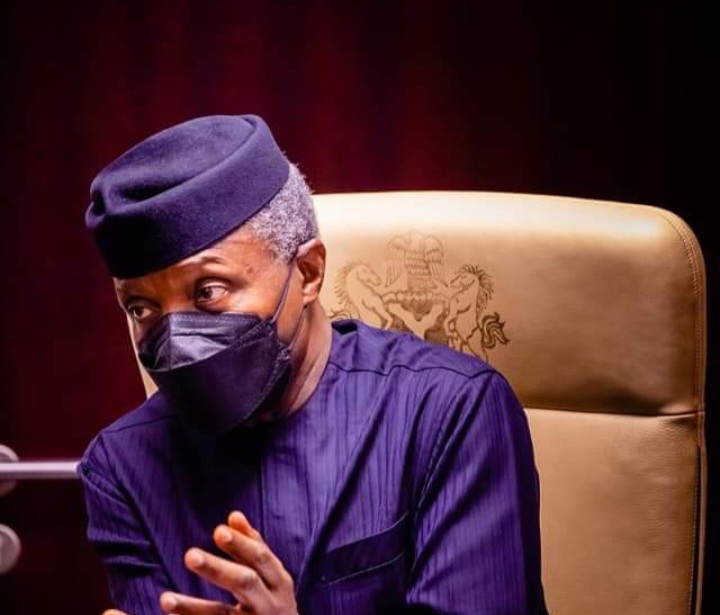Matthias Schmale, United Nations humanitarian coordinator in Nigeria, says poor funding in the education sector may hinder Nigeria from achieving the sustainable development goals (SDG) on quality education by 2030.
Schmale spoke on Thursday at the launch of the ‘Reports of the Independent Country-Led Evaluation of SDGs-3 and 4 in Nigeria.’
The report was supported by the federal ministry of finance, budget and national planning, ministries of health and education as well as the United Nations Children Fund (UNICEF) in Nigeria.
Schmale said the seven percent increase on the 2022 budget for education is not enough to achieve quality learning standards in Nigeria.
Advertisement
He said findings in the independent evaluation report showed that an increase of 20 percent in investment is needed to ensure inclusive basic education in the country.
“In relation to SDG-4 on quality education, it is, for example, concerning to note that Nigeria is unlikely to achieve the global agenda for universal inclusive and equitable basic education for all school-age children by 2030 if the current very low public investment in the education sector remains the same,” he said.
“The evaluation indicates that the right policies (especially around free basic education and gender) are in place, but an increase in quality and access to education is critical.
Advertisement
“In the 2022 budget, there was an increase to 7% on education, but the evaluation says it will need to increase to 20% with clear accountabilities on delivery.
“Similarly, government resources for health financing are inadequate for the achievement of SDG-3 targets related to good health and well-being.
“It is good to see that the recommendation of revitalizing the primary health care has already started and its effectiveness will be enhanced with a clear plan and accountability on human resources and financing at state level.
“We must collectively push forward with education and health sector specific transformative initiatives such as prioritising and revitalising basic primary health care and improving the quality of teachers and learning in and out of classrooms.”
Advertisement
While delivering a keynote address, Vice-President Yemi Osinbajo said it is important to increase funding for basic education to 12 percent at all levels.
“The timing of the use of appropriated funds is also important. State government should take advantage of the UBEC matching grants by making the required contributions,” he said.
“Educational stakeholders are encouraged to develop and strengthen coordination mechanisms that can help tighten the collaboration with information sharing between federal and the state on the one hand, and non-state actors on the other hand.”
He encouraged state governors, stakeholders and other development partners to take advantage of the findings in the report and address challenges in the health and education sectors.
Advertisement
